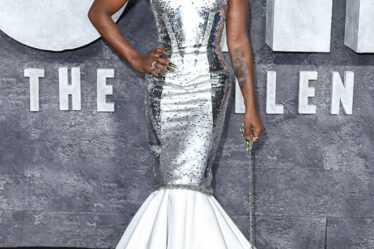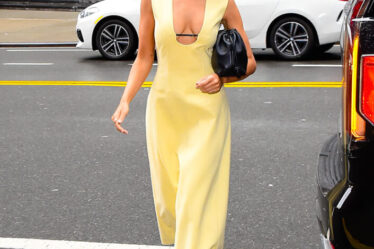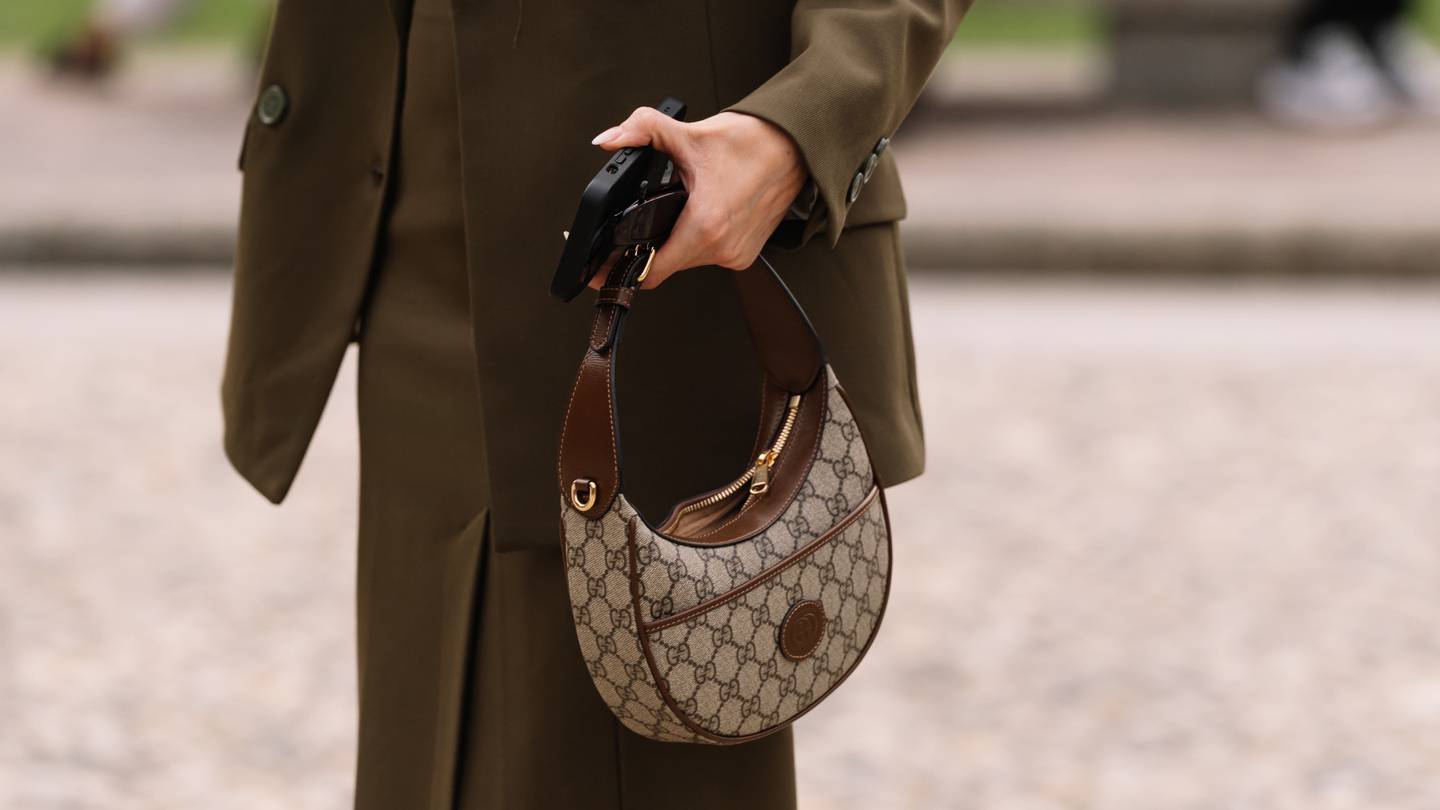
Chanel has built one of the world’s most valuable luxury brands in part by maintaining strict control over the way its products are distributed.
The French giant’s most coveted handbags never go on sale and can’t be bought online. Its tightly controlled approach to supply — bolstered lately by hefty price hikes — helps to sustain the brand’s aura of exclusivity.
But in recent years, the rapid rise of online resale has created pesky fractures in that tight hold on distribution and image.
Some (more aspirational) luxury labels, from Burberry to Balenciaga, have made tentative inroads into the space, testing its potential to engage entry-level customers and generate good PR. But “true luxury” brands like Chanel and Hermès have been more cautious, concerned that the secondary market encourages counterfeiting and hurts brand image.
In an effort to push back against these risks, Chanel has emerged as the luxury sector’s most aggressive challenger to the fast-growing resale space.
The company has barred shoppers it suspected might be stocking up on bags just to flip them and it has waged a years-long legal battle against resale businesses it argues are using its brand without permission and selling fakes. (Chanel says its fight is with actors that operate in a way that could damage its brand and mislead consumers, not resale in general).
This week it scored a major win in its battle to regain at least some control.
After six years of legal wrangling, a New York jury sided with Chanel in a landmark case against resale business What Goes Around Comes Around, which included complaints of trademark infringement, the sale of counterfeit goods and false advertising. Chanel was awarded $4 million in statutory damages.
The outcome has been closely watched by industry insiders because it could have far-reaching implications for the wider sector, ratcheting up legal risk for resellers.
“Resale has suddenly become a more dangerous business,” Susan Scafidi, founder of the Fashion Law Institute, told BoF earlier this week.
A ‘More Dangerous’ Business
To be clear, the case doesn’t threaten the right to resell products in the first place. Instead, it’s about who’s responsible when counterfeit goods end up on the market and how resellers can promote the brands they carry.
At the heart of Chanel’s complaint was an objection to the use of its brand name and products in marketing, which it argued could create a false impression of a formal relationship between the reseller and the brand. The luxury label also made the case that only a trademark holder can guarantee the authenticity of a product, claiming What Goes Around Comes Around had been selling fake bags with stolen serial numbers and products never approved for sale. (What Goes Around Comes Around maintains that its authentication processes are rigorous and it has never sold a counterfeit or non-genuine product).
While the verdict isn’t binding for future cases, it raises the stakes for resellers, especially those that make claims about the authenticity of the goods they offer.
“If you’re a resale business you’ve got to be nervous about this,” said Anthony Lupo, chairman at law firm ArentFox Schiff. “It’s going to be very difficult to 100 percent validate a product.”
These players will have to be very careful about how they position products going forward to avoid future litigation risk, lawyers said. That may also further complicate the already tricky economics of the business by adding compliance costs.
“Even the best-intentioned resellers and authenticators can make a mistake from time to time, and depending on how they present the authentication process they can be accused of misleading the public in addition to being accused of counterfeiting by the brands,” Scafidi said.
What Happens Next?
This is just the latest twist in an ongoing saga.
Chanel is still in a separate legal dispute with The RealReal and the case against What Goes Around Comes Around is still to go through post-verdict motions. The reseller said it is exploring its legal options. “This ruling is not final and this battle will continue to defend our reputation and rights of resale,” co-founder and CEO Seth Weisser said in an emailed statement.
To be sure, the battle of Chanel vs. the platforms isn’t going to reverse the rise of resale. The secondhand luxury market was worth €43 billion ($46.3 billion) in 2022 and has continued to grow, despite a broader luxury slowdown, according to consultancy Bain & Company and Italian luxury trade group Fondazione Altagamma.
But the luxury giant’s campaign to protect its brand could help shape the contours of how the sector evolves — and how much control luxury players can retain over their image even after they’ve sold a product.
Cathaleen Chen contributed to this article.
THE NEWS IN BRIEF
FASHION, BUSINESS AND THE ECONOMY
Kering braces for aspirational luxury’s long winter. Sales at luxury fashion’s second-biggest group fell 4 percent in the holiday quarter, putting it significantly behind key rivals. The Gucci and Saint Laurent owner is expecting another year of lacklustre growth amid a long-term plan to push its brands upmarket.
Hermès plans 8% price hike as annual sales top $14 billion. Fourth-quarter sales at the leather goods powerhouse rose by 18 percent, defying the wider slowdown in luxury demand.
Ralph Lauren rides strong holiday demand and China rebound to post upbeat results. The company beat profit expectations for the 14th straight quarter, sending its shares 11 percent higher. Ralph Lauren’s sales surged more than 30 percent in China, building on the 20 percent increase seen in the prior quarter.
Tapestry forecasts higher 2024 profit on China demand and strong margins. Shares of the Kate Spade handbags maker were up about 6 percent in early trade. Net sales rose to $2.08 billion in the second quarter ended Dec. 31, edging past analysts’ average estimate of $2.06 billion.
Chanel wins trademark case against What Goes Around Comes Around. A jury agreed that the reseller had misled consumers by promoting the luxury brand’s goods in its marketing materials and claiming that the pre-owned pieces are authentic. Chanel will be awarded $4 million in statutory damages.
Kering is pulling its brands from Farfetch. As a workaround, the embattled marketplace is considering providing ‘complete anonymity’ to third-party retailers in exchange for sourcing certain luxury brands, according to internal documents reviewed by BoF.
Activist hedge fund is pushing Kohl’s to sell. Kohl’s rejected acquisition offer was worth as much as $64 per share in 2022, when it also came under pressure from several activist shareholders to explore a sale. Its shares are now hovering at around $26.
Vans owner VF Corp misses quarterly profit expectations. The company’s shares were down about 9 percent in extended trading. The North Face parent reported an adjusted profit of 57 cents per share, compared with market expectations of a profit of 77 cents, as per LSEG data.
Pandora sees ‘healthy’ sales so far this year. The company has seen high single-digit sales growth. Pandora also announced a share buyback programme of up to 4 billion Danish crowns ($577.7 million), and a dividend of 18 Danish crowns per share.
Alibaba boosts share buy back as revenues miss estimates. US-listed shares of Alibaba fell 4 percent in early trading. The company flagged an increase of $25 billion to its share repurchase programme through the end of March 2027.
Neiman Marcus ends partnership with Farfetch. The Group has abandoned plans to use Farfetch’s e-commerce software to revamp the luxury department store’s online storefront and app. Farfetch will remain a minority investor in Neiman Marcus Group.
Brazil fashion companies Arezzo and Soma agree to a merger. The formed entity has revenues of 12 billion reais ($2.42 billion) with 54 percent controlled by Arezzo. The companies will later choose the name of the new organisation.
Patek Philippe bucks cooling watch demand with price increases. The company increased prices by an average of about 7 percent on Feb. 1. The price increases show the company expects it has sufficient brand and pricing power to offset rising input costs and a strong Swiss franc without hurting demand.
Amazon Europe launches resale with Hewi. The Hewi partnership marks the first time shoppers in the UK, Germany, Spain and Italy can purchase resale on the e-commerce website.
Hugo Boss’ Hugo brand to sponsor VCARB F1 team. The apparel partnership was announced at a season launch event in Las Vegas on Thursday night, where the team unveiled its new car livery carrying the “Hugo” branding and the new apparel collection designed by Hugo.
Skiwear brand Perfect Moment goes public. The company’s small capitalisation IPO — in which companies are valued on the stock market at less than $2 billion — was delayed by more than a week, indicating the financial markets remain unwieldy for loss-making start-ups.
Billionaire Cheng family seeks to oust Giordano CEO after failed buyout. The family of Henry Cheng, Giordano’s top shareholder with a stake of about 24.1 percent, wants to appoint Colin Currie, the former China managing director of Adidas AG, to the post.
Chanel opens its first US store dedicated to jewellery and watches. The New York storefront is located near Chanel’s flagship store at 15 West 57th Street and opens on Feb. 8
Japan’s SixtyPercent secures investment from Kuroneko Innovation Fund. The e-commerce platform selling Asian fashion brands to Japanese consumers has raised 460 million yen ($3.1 million) in a series A funding round. Until now, Kuroneko Innovation Fund has mainly targeted start-ups in the tech, logistics and supply chain management sectors.
Australian luxury e-tailer Cettire sees revenues soar. The grey market e-commerce platform is set to launch a direct channel to consumers in China on the back of a 90 percent year-on-year growth in gross revenue to 460.5 million Australian dollars for the six months ended December 31. Adjusted EBITDA increased 56 percent to $26.1 million.
De Beers warns diamond recovery will be slow after a terrible year. The sector almost came to a complete standstill in the second half of last year as De Beers and Alrosa PJSC all but stopped supplies in a desperate attempt to stem a slump in prices. “We expect that upturn in diamond demand to be gradual rather than sudden.” De Beers said.
THE BUSINESS OF BEAUTY
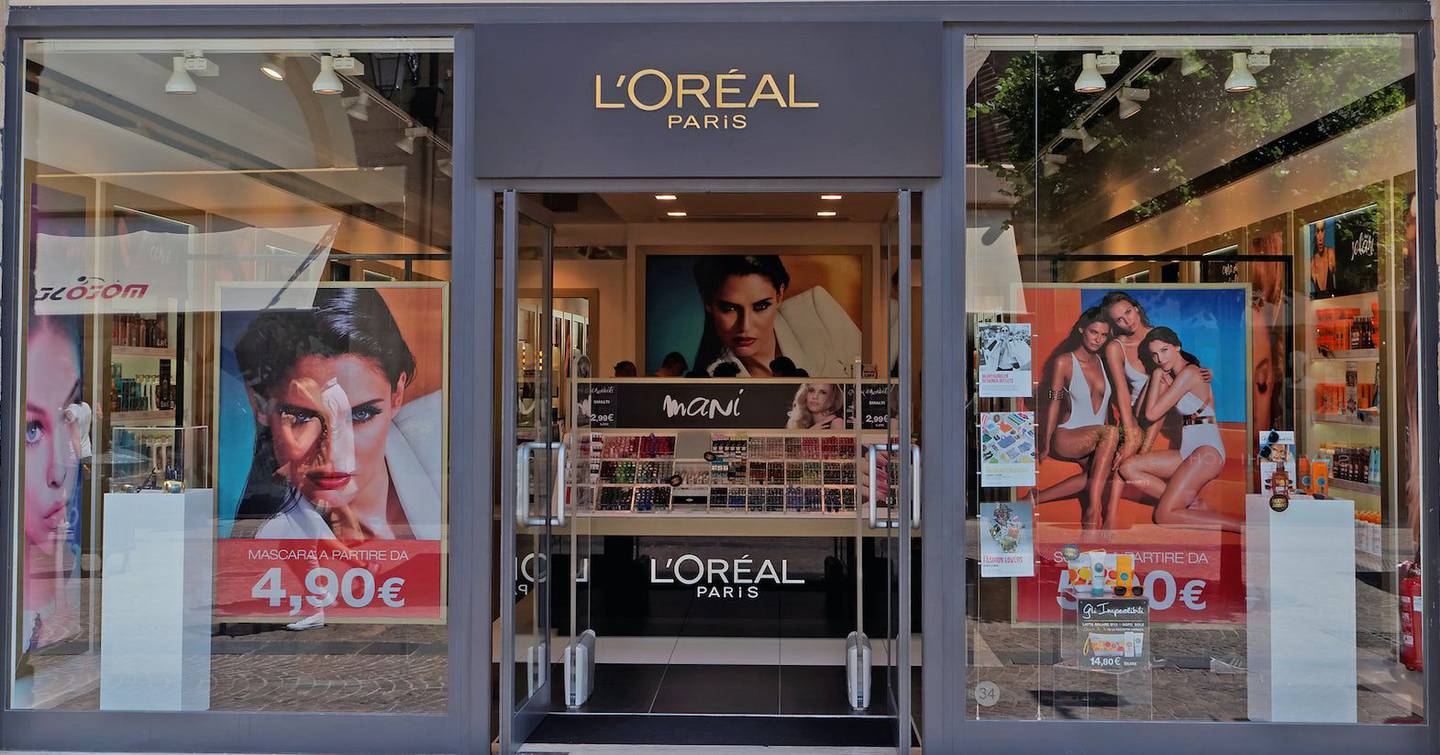
L’Oréal posts record results, becomes global market leader for prestige beauty. In its full-year results announced Thursday, the French conglomerate reported its third consecutive year of double-digit growth, with sales reaching €41 billion ($44 billion).
Estée Lauder slashes annual profit forecast and plants to cut 3 to 5 percent of jobs. The company said it would start the programme in the third quarter of fiscal 2024. It expects to take on restructuring and other charges of between $500 million and $700 million, before taxes.
L’Oréal wins Miu Miu beauty license. The move builds on an ongoing relationship between L’Oréal and Miu Miu sister brand Prada, which launched a skincare and makeup line last year.
China’s consumer slump claims another victim as Shiseido profit slides. Shiseido became the latest victim on Friday of a slowing Chinese economy that has battered earnings at many global consumer goods companies, when the Japanese cosmetics maker reported a 40 percent slide in annual earnings.
Blackstone said to consider bid for skincare company L’Occitane. The private-equity firm is considering the possibility of teaming up with L’Occitane’s billionaire chairman Reinold Geiger on a buyout. L’Occitane shares rose 0.8 percent in Hong Kong trading Monday, giving it a market value of about HK$38.4 billion ($4.9 billion).
E.l.f. Beauty reports 85 percent sales growth and raises outlook. Affordable price points, viral products and a digital-focused marketing strategy continue to be drivers for the brand’s growth. It also reported that adjusted earnings before interest, taxes, depreciation, and amortisation was $193.8 million, up 103 percent year over year.
Coty’s premium fragrances and cosmetics drive quarterly revenue beat. Net revenue for the second quarter rose 13 percent to $1.73 billion, beating Wall Street estimates. In the Americas region, Coty’s net revenue rose 10 percent to $687.9 million, accounting for 40 percent of its total sales.
Revolution Beauty agrees to a $3.6 million settlement with founder Adam Minto. Minto, who holds a 15.34 percent stake in the British makeup and skin care retailer, left the company in 2022 after an independent investigation into the company’s accounts. Shares in Revolution Beauty were up 3.4 percent at 30.50 pence in early trade on Monday.
Natura mulls new listing for Avon’s business outside of Latin America. Brazilian cosmetics maker Natura & Co said on Monday its board authorised management to study splitting its Avon brand outside Latin America. Natura said in a securities filing the potential deal would separate the current company into two listed-parts.
Coty signs a licensing deal with Marni. Coty will develop, produce and distribute beauty products on behalf of Marni. The first items under the new licensing agreement are expected in 2026 and the agreement will run beyond 2040.
Beyoncé announces hair brand launch. Cécred will launch Feb. 20. Beyoncé first hinted at the release of a hair care line in May 2023.
Kering to launch Bottega Veneta perfume by year-end amid push to bring beauty brands in-house. Kering deputy chief executive Jean-Marc Duplaix laid out plans to further build out the group’s newly formed beauty division. Duplaix declined to comment on terms of Gucci’s beauty license with Coty.
Costa Brazil returns after Amyris bankruptcy. Founder Francisco Costa bought back the label from parent company Amyris in December. The label is resuming operations and is available for sale again.
PEOPLE
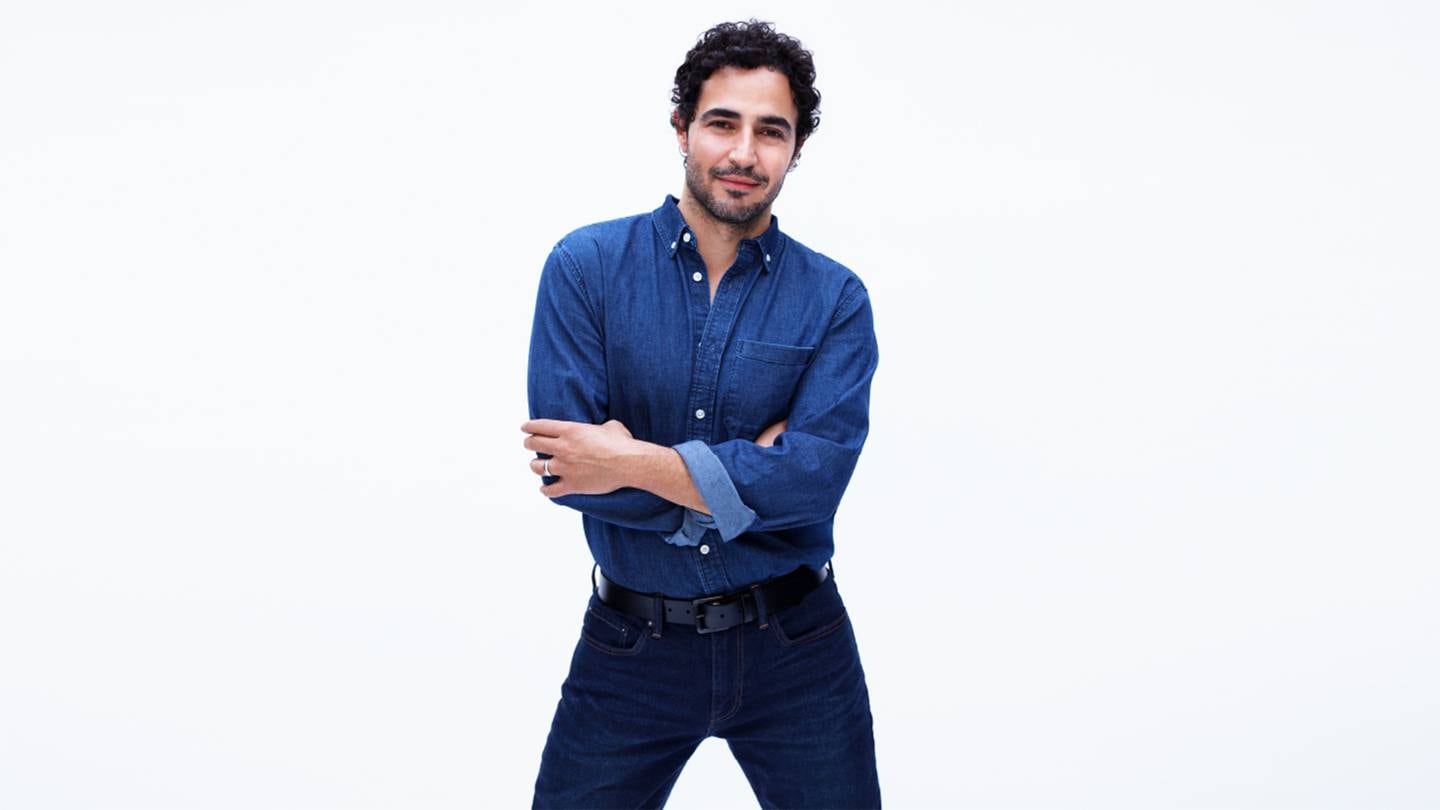
Gap Inc. names Zac Posen creative director. The American designer is tasked with reinvigorating the company’s entire portfolio, working directly alongside its new CEO, Richard Dickson, BoF has learned. He’ll also play a more hands-on role at Old Navy as chief creative officer.
Sakara taps Henry Davis as CEO. Davis succeeds Danielle Duboise and Whitney Tingle, the label’s founders who will assume new positions as executive chairs. He has made key hires including Kathryn Ordower, who will serve as the company’s chief legal and administrative officer, and Brian Buchanan, the company’s new chief technology officer.
MEDIA AND TECHNOLOGY
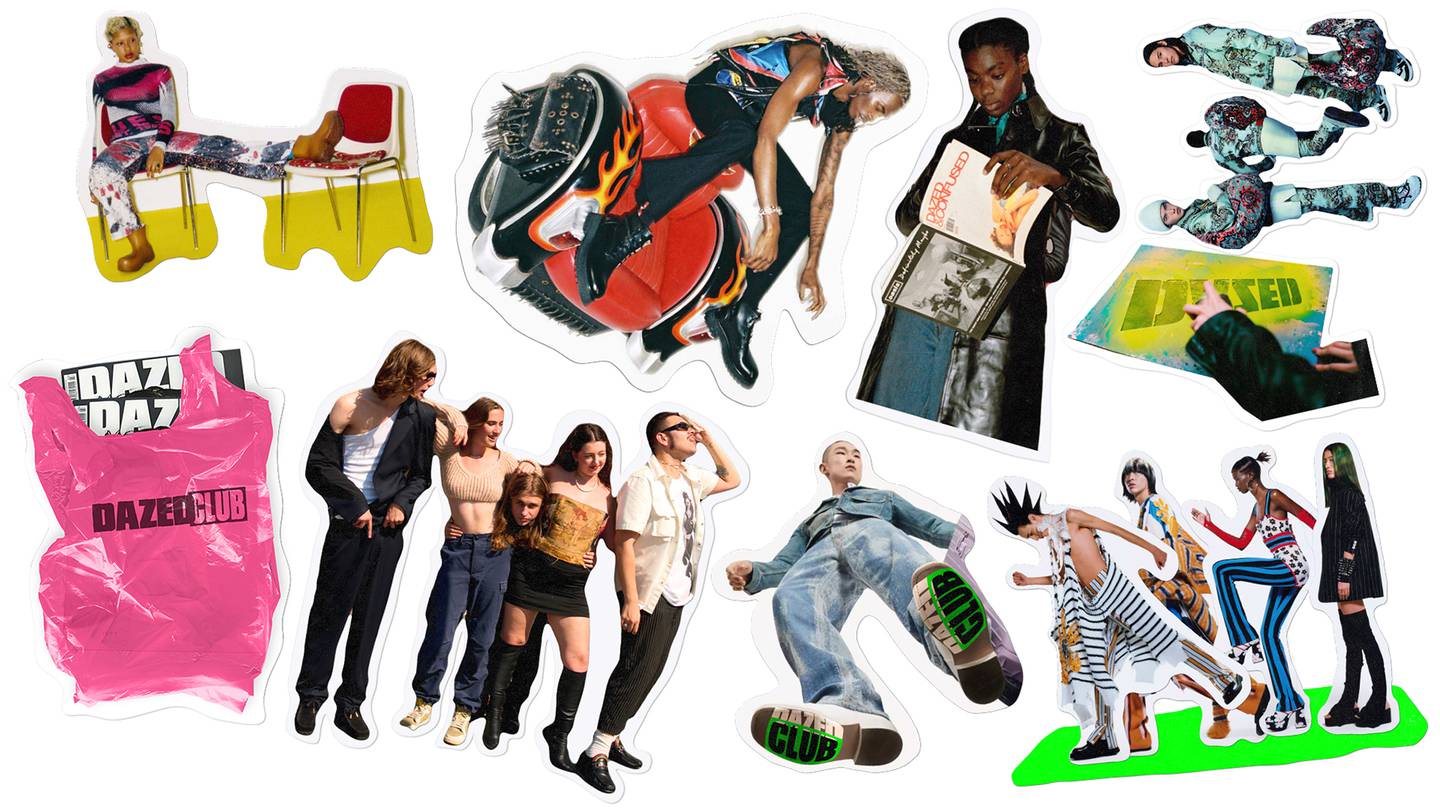
Dazed launches social media app. The app will allow users to upload their portfolios, engage with mentors and join subject-matter groups to discuss upcoming projects. Users who pay £5 a month will also receive access to Dazed events and complimentary copies of the magazine.
Snap is cutting 10 percent of staff as social media copes with ad slump. The social media company estimated that the reductions will result in pre-tax charges of $55 million to $75 million from severance and related costs. Snap said the cuts are being made to “best position our business to execute on our highest priorities.”
Edward Enninful’s final British Vogue cover features 40 former cover stars. Enninful chose to honour the women who have shaped the title’s history as well as his tenure at the publication. Enninful will assume the role of global creative and cultural advisor at Vogue.
Compiled by Yola Mzizi.

